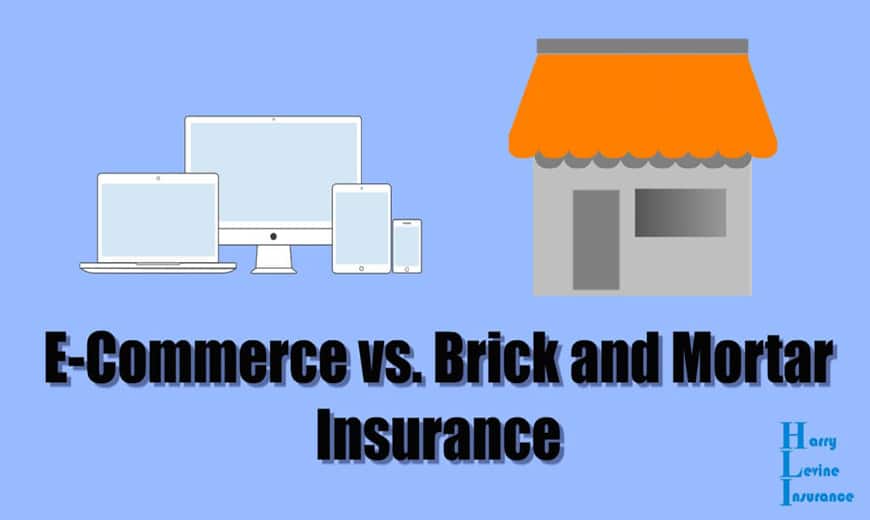Let’s say that your e-commerce business has been doing so well that you’ve decided to scale things up and open a storefront or office. Do your insurance options need to change? How is brick and mortar insurance different from the coverage you had with your online business?
Brick and Mortar Business Insurance
There are certain types of insurance that all businesses need, but each business (and therefore each business’s insurance policy) is different. And having a physical location (offices, storefront, warehouses, etc.) leaves you more vulnerable to risk, and therefore in need of more coverage.
In Florida, the biggest expense you are likely to see in your brick and mortar insurance is Property Insurance. If you previously worked out of your home and are now opening up a storefront, you will have to increase your coverage (and therefore your premiums) to include the storefront and/or any other additional buildings, inventory, or equipment that you will take on.
You’ll also have to consider the physical risks that could be incurred from customers entering your store. After all, it’s impossible to slip and fall when visiting an e-commerce website and, even if you did, it wouldn’t be the website’s fault. Every business needs general liability insurance, but your coverage will need to increase if you are suddenly responsible for a brick and mortar location.
What Type of Brick and Mortar Insurance Will I Need?
The answer to that question is not as straightforward as it seems.
Some businesses sell tangible products from a storefront. Some sell products from a website. Some sell services strictly online (proofreaders or graphic designers). Some come to your home to perform a service (contractors and landscapers).
The type of insurance you need is more dependent on the type of business you own than where your business is located. Let’s look at an example to show how an e-commerce business insurance policy might change when converting to brick and mortar insurance.
Retail Store Example
Let’s say Rosie’s Bows is a successful website that sells children’s hair accessories online. So successful, in fact, that Rosie Owner decides to open a storefront.
While running the e-commerce store, Ms. Owner had Property Insurance to protect against damage to her inventory and General Liability Insurance to protect against any damage caused by her bows (baby scalps are sensitive!). Ms. Owner didn’t need every type of insurance known to man, just the types that related to her business.
With the new storefront, her Property Insurance will need to expand to cover the building and her inventory. Her General Liability policy will now need to protect against customer slips or falls as well as scrapes on little baby heads. There are still certain types of insurance that she has no need for.
As you can see, Rosie’s Bows doesn’t require any additional policies for her storefront, just more coverage for the higher risk she will incur. It’s more likely that she would update her existing policies rather than purchase new ones.
Now, if business really takes off and she needs to hire some employees to help her out, she may need to purchase worker’s compensation insurance, but this would be the case whether her business was in a storefront or out of her home. (If she accepts credit cards, she should also look into cyber risk insurance.)
Conclusion
If your business is facing any changes in the near future (or if it’s simply been a while since you looked at it), now is a great time to look over your existing coverage and see if there are any gaps in your policy (or policies) that need to be covered.
At Harry Levine Insurance, we take the time to learn about you and your business to tailor a policy that fits your business structure. It’s imperative to be protected when you own a business that puts food on the table. Call now to update us on any changes or just to check-in.
SaveSave







